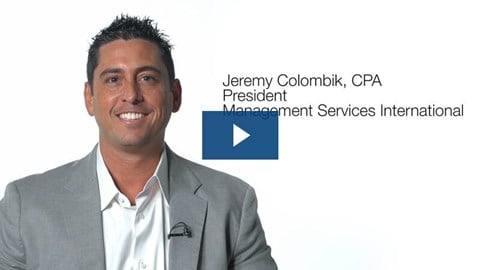Finance, Investments, and Accounting
Tom Jones Finds Taxpayer-Positive Interpretation of "Avrahami" Decision
While the US Tax Court's "Avrahami" decision qualifies as a taxpayer loss, Tom Jones of McDermott Will & Emery finds positive elements to the decision. He says along the larger continuum of tax concerns relating to captives, the decision provides further clarity and should benefit larger captives. Read More
Lessons Learned from the "Avrahami" Case
Much has been shared, and many lessons can be learned from "Avrahami v. Comm'r" and "Feedback Ins. Co., Ltd. v. Comm'r," 149 T.C. 7 (2017). Jeremy and Richard Colombik provide their take on the lessons learned from the case. Read More
Domiciling Captives in Home States To Manage Premium Taxes
John S. Alberici, of Alberici Corporation, discusses how ambiguities in legislation and premium taxation issues can be addressed by domiciling a captive insurer in a company's home state. Read More
Common Myths about the Captive Insurance Industry
Jeremy Colombik, president of Management Services International, discusses common myths about the captive insurance industry: (1) all captives are tax shelters, (2) all captives are offshore, (3) captives do not provide additional coverages, (4) captives are not a good business decision, (5) only Fortune 500/1000 companies are good for captives. Read More
The Case for Passive "ETF" Investing Grows Stronger for Captives
For captives, especially smaller captives or group captives, passive investing can help reduce frictional investment expenses in a low yield, total return environment. A recent S&P webinar and "Wall Street Journal" article strengthen the argument for passive investing, thereby reinforcing a case for captives' use of passive investing. Read More




